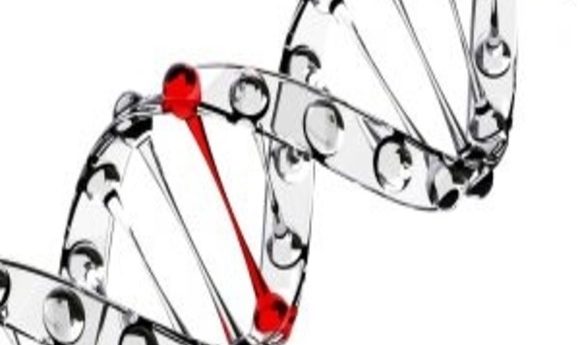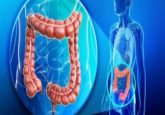Alcohol may increase breast cancer risk by triggering cancer-causing gene

A study recently published in PLOS ONE saw researchers from the University of Houston (UOH; TX, USA) investigate the molecular effects of alcohol consumption on ER-positive breast cancer cells, as well as elucidating alcohol’s effect on tamoxifen efficacy.
Alcohol consumption is attributed to an estimated tens of thousands of breast cancer cases across the USA and Europe and is also associated with an increased risk of disease recurrence in patients with early stage breast cancer.
Chin-Yo Lin and colleagues (UH Center for Nuclear Receptors and Cell Signaling and the Department of Biology and Biochemistry, UOH), in collaboration with Rajesh Miranda (Texas A&M University; TX, USA), sought to determine the effects of alcohol on estrogen’s action in breast cancer. The team established that estrogen-induced cell proliferation is increased by alcohol consumption, providing a direct link between alcohol, estrogen and BRAF expression in the promotion of cancer cell growth.
BRAF expression was found to be inappropriately promoted by alcohol, even in the absence of estrogen, thus either enhancing or mimicking the effects of the hormone and increasing breast cancer risk. Another key finding was tamoxifen’s ability to suppress the rapid growth of cancer cells was diminished by alcohol.
Lin and colleagues suggest that these findings elucidate the mechanistic actions of alcohol in breast cancer, as well as provide fresh insight to the cross-talk between alcohol and cancer-related gene pathways.
Although the overarching goal is to use these results in breast cancer prevention, their findings may also have implications for women who are undergoing hormone replacement therapy for menopausal symptoms. The research also further highlights potential chronic health effects for young women, who may binge drink as part of their social environment.
“We hope these and future findings will provide information and motivation to promote healthy behavioral choices, as well as potential targets for chemoprevention strategies to ultimately decrease breast cancer incidents and deaths within the next decade,” Lin explains. “We want to provide women, in general, with more information and insight to be better able to balance their consumption of alcoholic beverages with the potential health risks, including cancer patients who may want to take into consideration the potential detrimental effects alcohol consumption might have on treatments and modify their behavior and habits accordingly.”



